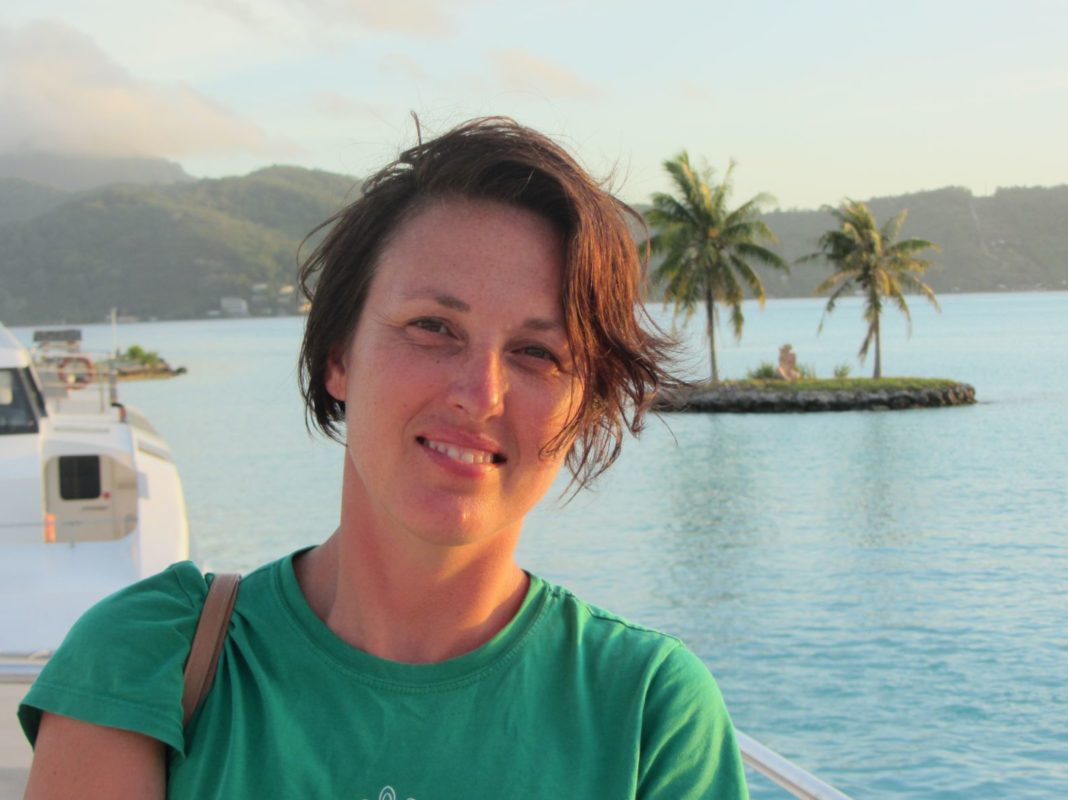ANU biologist Dr Megan Head has faced some barriers in her STEM career, but she did not always understand how her gender held her back.
She said the signs of sexism in science became clearer as she got older and now, she can hardly believe she had been so naïve.
“When I was younger, I didn’t believe there was a problem with sexism in academia, I felt like I had never experienced it,” she said.
The Canberra-born scientist became acutely aware of the issue in 2015 when she co-authored a paper on the topic.
The feeling was driven home when a peer review challenged the credibility of her study, citing a lack of male perspective.
Five years later, Dr Head said while there had been in increase in awareness of gender disparity and steps had been taken to address it, diversity in science remained a big a problem.
Dr Head has now carried out a study on the advancement of early-career STEM scientists who identify as culturally and linguistically diverse, from a low-socio economic background, living with a disability or as a member of the LBGTQI community.
The study found 50% of those surveyed reported facing barriers in their career.
Early-career researchers typically have less than ten years’ experience post-PHD and are generally employed on short-term contracts.
Dr Head said these scientists had received a lot of training but were yet to gain a permanent position, making them reliant on industry relationships and networking for their next opportunity.
“Jobs in our industry are routinely not advertised but are instead awarded on personal recommendations from academics,” she said.
“It’s extremely important to go to the pub on Friday night, but what if you can’t go to the pub because you have family responsibilities or don’t participate in drinking culture?
“What happens if you don’t fit in or can’t relate?
“How do you build networks?”
The survey found self-identified minorities in STEM were less likely to have papers cited or published, needed to apply for more jobs before finding employment, and were invited to work on less research projects, prompting Dr Head to call for more awareness of diversity in academic recruitment.
“We need to figure out what’s going on, which means we need data,” she said.
“Then we need to start talking about this issue and implement change.
“Young people need to know what to look for, how to identify discrimination and how to fight against it.”
She said universities were very good at promoting diversity in marketing and advertising campaigns, but their promotional material was not backed up by data.
“They (universities) always show gendered and racial diversity in their brochures, but the reality is there is not enough people of colour to showcase.”
For more stories like this:



